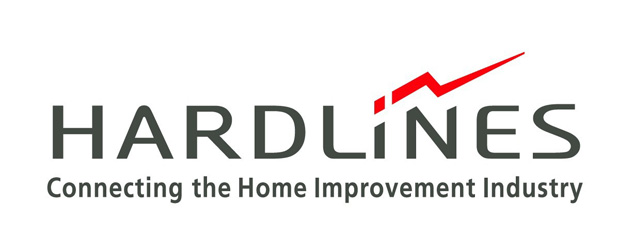
TIM-BR MART to close two Chalifour DCs in Quebec
 SPECIAL REPORT — HARDLINES has learned that the board of directors of TIM-BR MART Group has approved the closure of the group’s Chalifour hardware distribution facility in Victoriaville, Que. SPECIAL REPORT — HARDLINES has learned that the board of directors of TIM-BR MART Group has approved the closure of the group’s Chalifour hardware distribution facility in Victoriaville, Que.According to TIM-BR MART president Bernie Owens, the Victoriaville operation will be closed by the end of the first quarter of 2015, and in the New Year Chalifour’s London operation will take over shipping hardware to Quebec and Atlantic Canada. Central Canada and the Prairies will continue to be served from London, as well. Moving Chalifour’s distribution into London, he points out, will help optimize that facility’s capacity, bulk up inventory there, and increase  turns. turns.Owens admits that both DCs are under-utilized. He says the decision to choose London was based on a number of factors, including its proximity to Western markets, adjacency to a major highway, and lower building maintenance costs. London also has a newer building with more modern racking. The closing of the Victoriaville DC, where Chalifour Canada is reportedly the second-largest employer, will result in 120 job losses. Owens points out that London will hire as back office functions get consolidated there. Chalifour will maintain a presence in Quebec, however, where it has two LBM facilities. The one in Rivière-du-Loup will be closed and the other DC, in Saint-Nicholas, will handle all distribution of LBM for Quebec (and some customers in Atlantic Canada). Owens calls the consolidation "a tough decision" that had to be made for the greater good of the company. "But if customers are getting better fill rates and are happier, then I’ve done the right thing." back to top ANALYSIS: How TIM-BR MART got too many DCs With the closing of Chalifour Canada’s extra distribution centres in Quebec, TIM-BR MART Group president Bernie Owens has done what several company presidents ahead of him could not—or would not—do. He has dealt with the overcapacity generated by two full-line DCs, in London and Victoriaville. Victoriaville is part of a network of DCs serving TIM-BR MART dealers and other independents across the country that buy hardware and building materials through Chalifour Canada, the hardware wholesale arm of TIM-BR MART Group. Victoriaville was also the original home of hardware stores owned by the Auger family, which went on to establish the predecessor to Chalifour Canada, a hardware distribution business that became Sodisco Distribution. In 1987, Sodisco purchased London, Ont.-based D.H. Howden & Co. The combined entity successfully pursued the entire Canadian market and was for years considered the country’s major hardware wholesaler for independents. Both the Sodisco business out of Victoriaville and the London-based Howden business were considered profitable in those days. In addition, Sodisco served Quebec dealers with LBM distribution, mainly through a DC in Saint-Nicholas, with additional support at another facility in Rivière-du-Loup, which had been part Marchands Unis, another Sodisco-Howden acquisition. (Owens will also close the Rivière-du-Loup office, and all LBM supply for Quebec—and some Atlantic customers—will come out of Saint-Nicholas.) When the Augers sold Sodisco-Howden to Unigesco, a food and grocery company, the new owners put a lot of costs onto the hardware wholesaler, and over time this practice reduced the ability of Sodisco-Howden to grow. While some duplication did get eliminated on the admin side when the company’s head office was moved to Montreal, over time, it was faced with overcapacity from its two hardware distribution centres. But since they served different markets with different languages and cultures, Sodisco-Howden never made the move to eliminate either one. When Sodisco-Howden was sold to CanWel Building Materials in 2004, it reportedly had sales of about $500 million, with about $100 million apiece coming out of London and Victoriaville, and the rest from drop-ship and Quebec LBM sales. TIM-BR MART Group bought the business from CanWel at the end of 2010, inheriting what was by then an infrastructure considered by many to be too big for the level of sales the company was generating. Under Bernie Owens, Chalifour is making important, tough decisions. Getting right-sized at last will enable the company to build its profitability. |
 |
LBMAO |
 |



